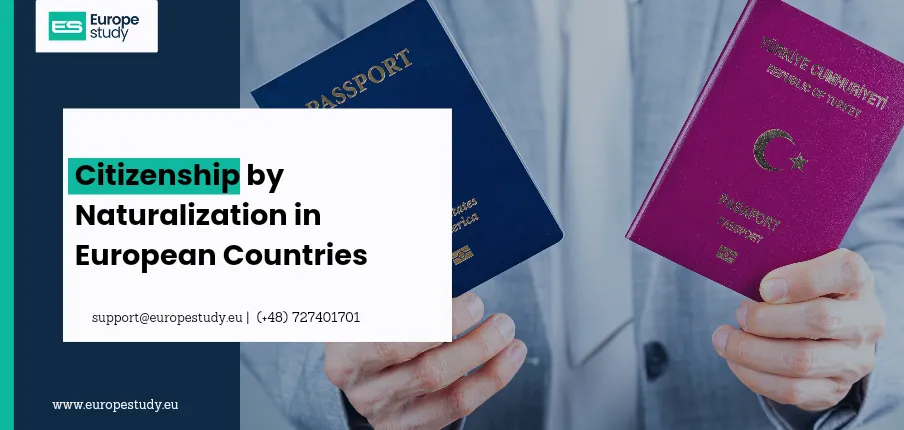
Citizenship by Naturalization in European Countries
Naturalization offers a pathway to obtaining a second passport for foreign nationals, typically requiring several years of legal residency in the country. While the specifics can vary across Europe, the general process involves obtaining a temporary immigration visa, followed by a residence permit, and eventually applying for permanent residence or citizenship. Throughout this period, authorities assess an individual’s integration into society, which includes factors like stable employment, a clean legal record, and proficiency in the country’s language, culture, and history.
For those seeking to acquire citizenship in European countries, here are some of the fastest naturalization processes:
1. Portugal – 5 years
Portugal offers one of the quickest naturalization routes in Europe, allowing individuals to apply for citizenship after just five years of residence. Applicants must demonstrate basic knowledge of the Portuguese language and culture.
2. Sweden – 5 years
In Sweden, permanent residency typically leads to citizenship eligibility after five years. Sweden prioritizes integration and language proficiency, with a high emphasis on societal contribution.
3. Denmark – 7 years
Denmark requires a seven-year residency period before naturalization can be pursued. The process involves strict language and cultural integration tests, along with a clean legal record.
4. Norway – 7 years
Similar to Denmark, Norway also requires applicants to have lived in the country for seven years before applying for citizenship. Successful applicants must demonstrate fluency in Norwegian and pass an integration exam.
In each of these countries, the integration process is a key factor in the naturalization decision. Applicants are expected to show they have become active, contributing members of society by fulfilling requirements such as language tests, cultural knowledge, and legal compliance.
These European nations offer relatively swift routes to citizenship, allowing individuals to establish themselves within their new home country while maintaining the opportunity for full legal rights and national identity.





